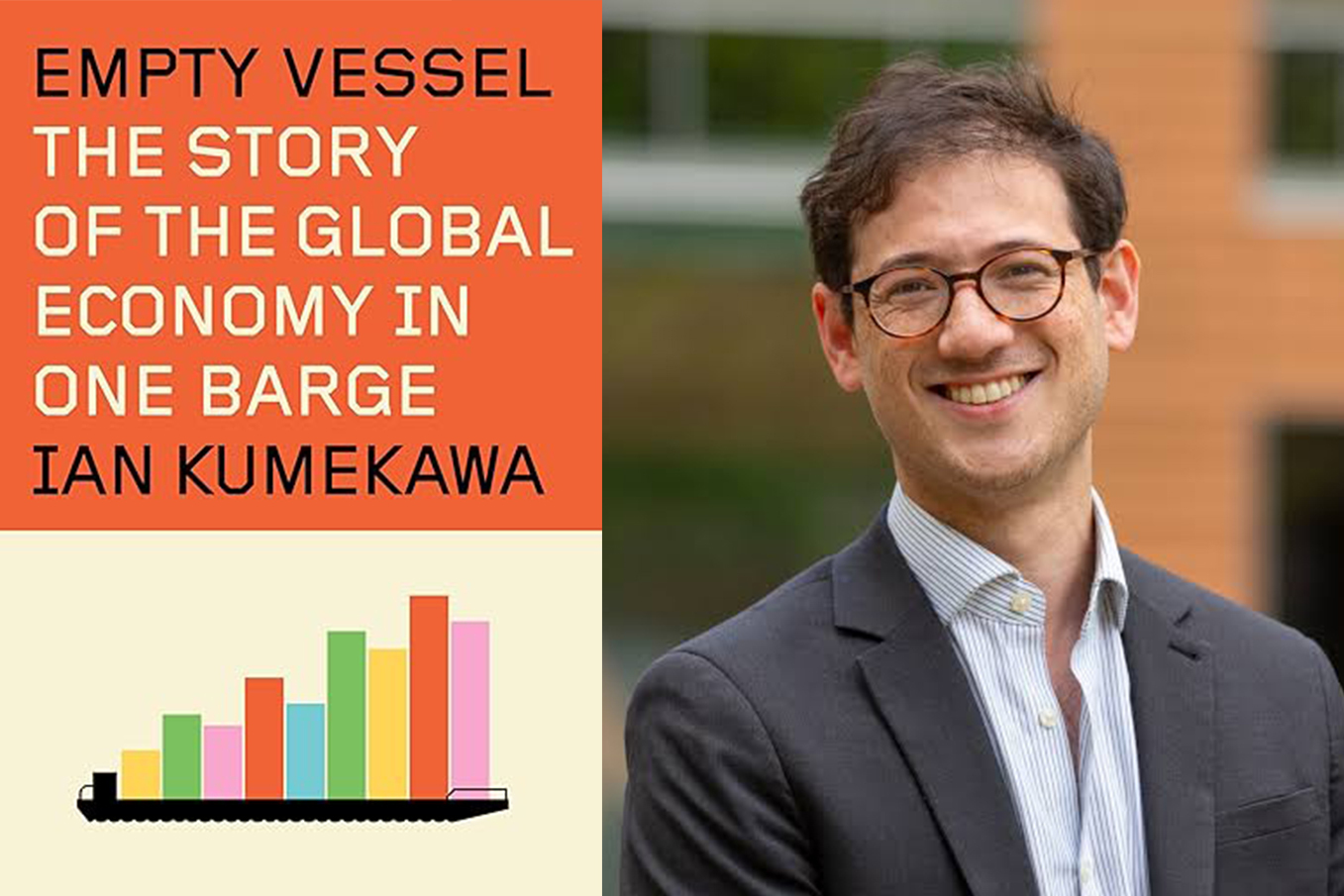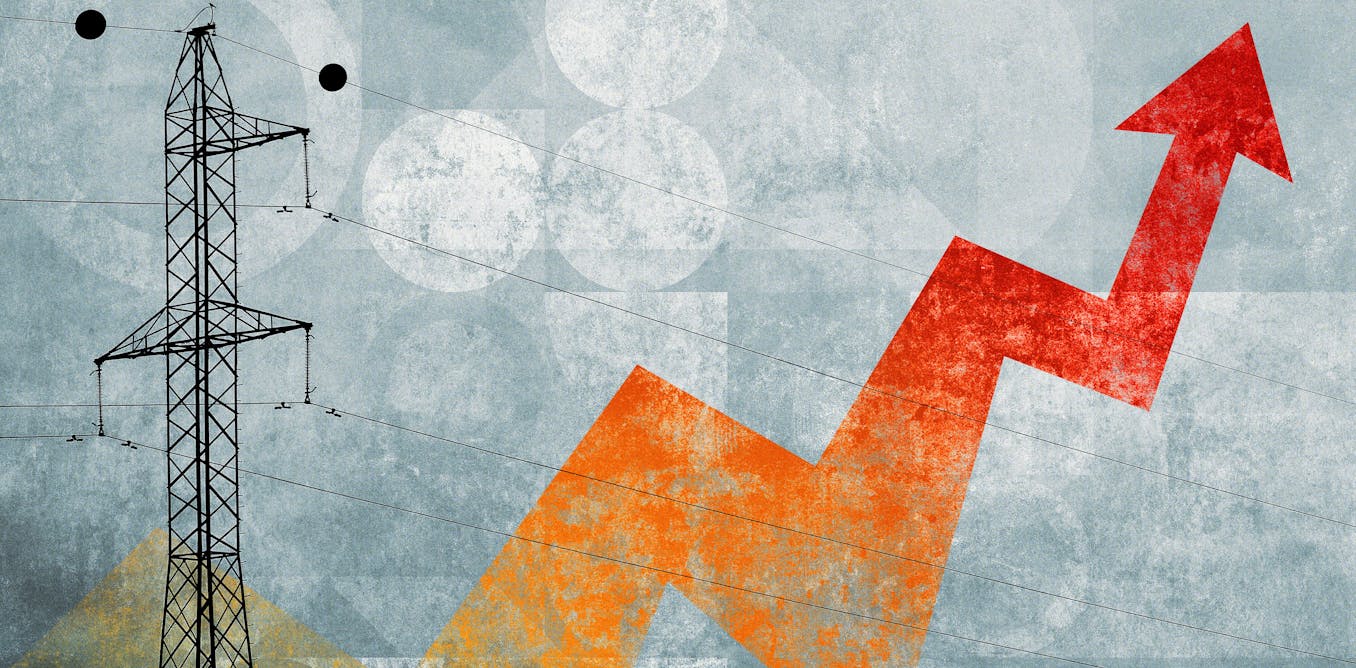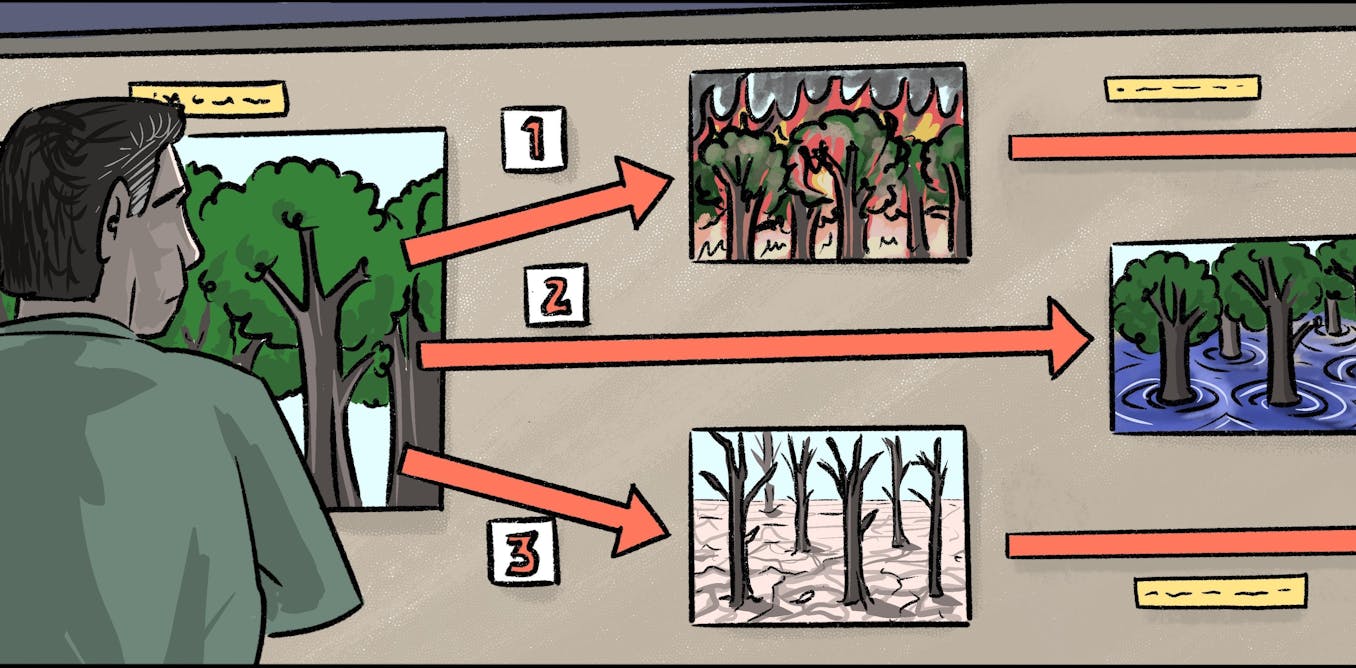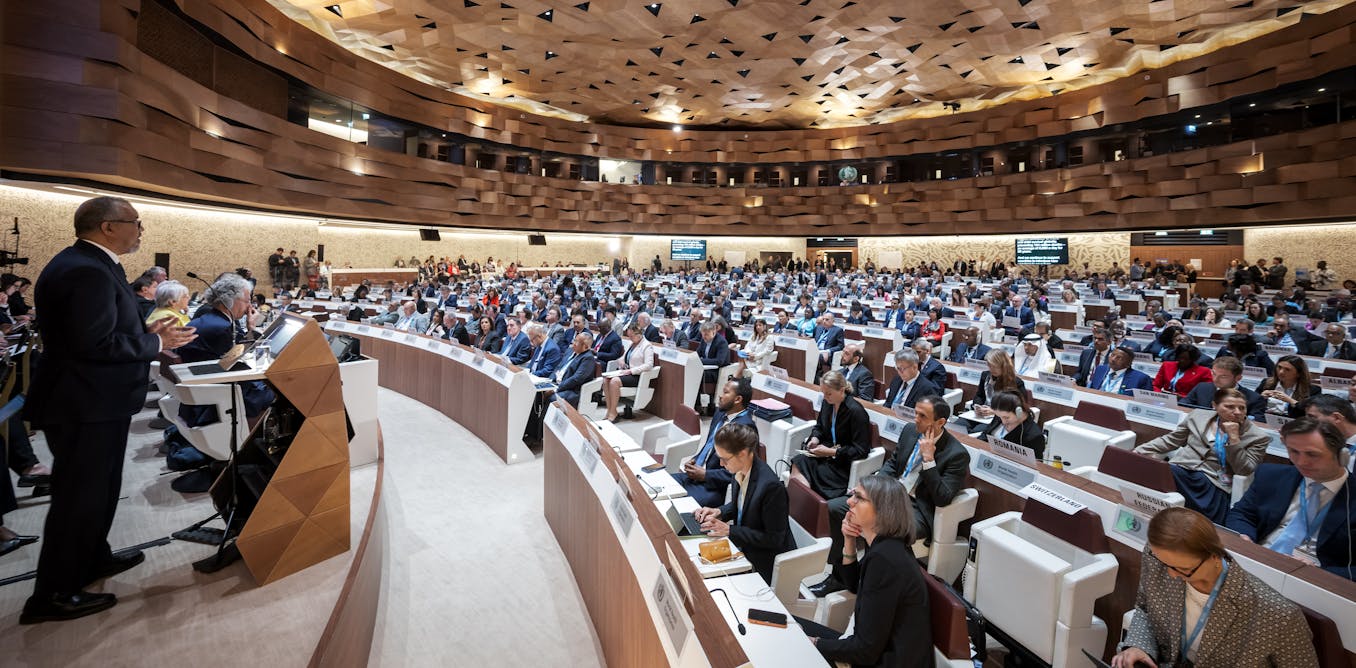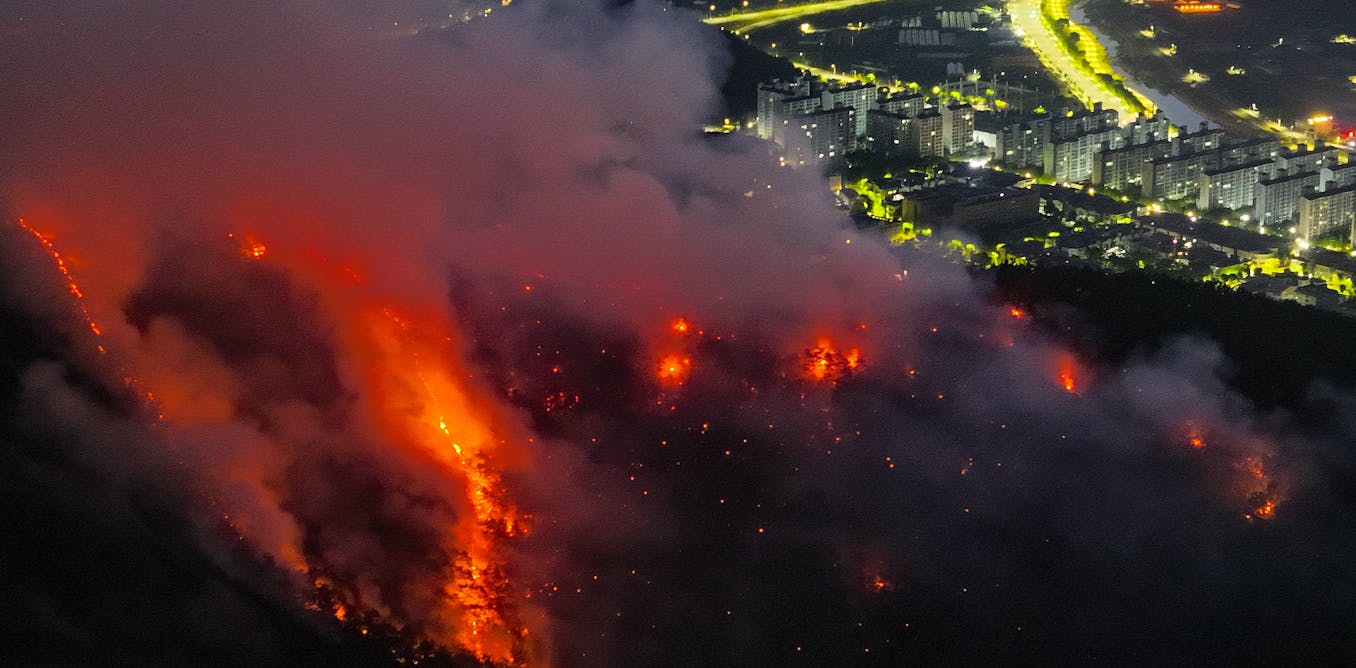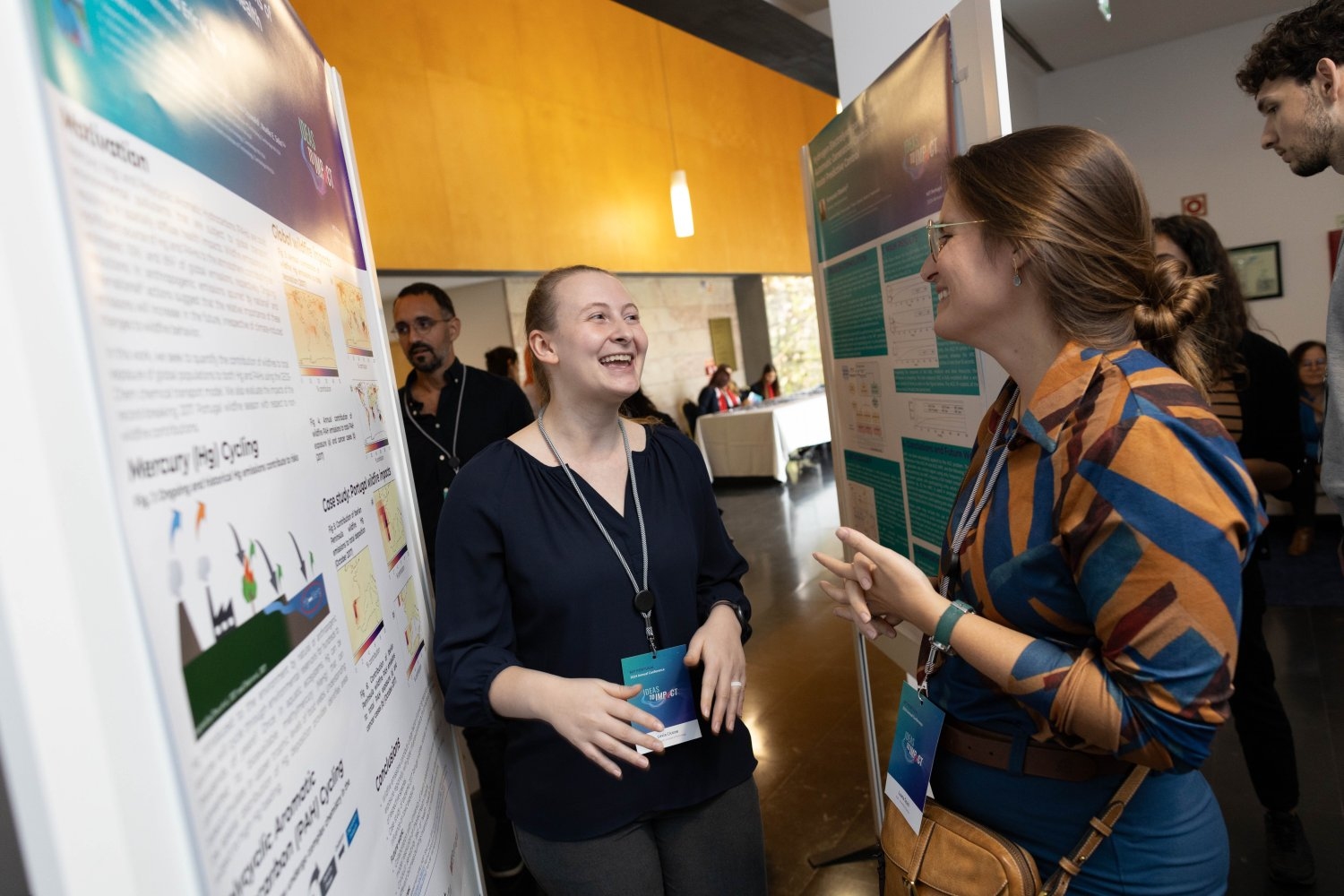Why energy markets fluctuate during an international crisis
Fears about supply, demand, profits and supply chains all combine into a volatile mix that delivers prices that are often higher in a crisis, but also change more rapidly and by larger amounts.
June 27, 2025 • ~8 min



